Connecticut legislators are currently considering a bill that would prevent state and local agencies, including public safety agencies, from purchasing or using DJI drones, the most widely used consumer and enterprise drones on the market. The bill claims to address Data Security concerns but ignores features and practices already in place to mitigate these issues. If passed, the legislation would take life-saving technology out of the hands of Connecticut First Responders.
The Importance of Drones in Public Safety
Drones have proven to be invaluable tools for emergency professionals, allowing them to quickly and inexpensively gain aerial views when time is of the essence. They have been used to save lives around the world, helping to find missing children, stranded boaters, and hikers in distress. In Connecticut, agencies in municipalities such as Middlebury and Westport have embraced this technology for various purposes, from routine accident investigations to crisis situations.
Wayne Baker, a former fire chief and current director of Stakeholder Engagement at DJI, has worked with agencies across North America and Europe to help them establish drone programs and incorporate drones into their existing work. He warns that if the Connecticut legislature moves ahead with this bill, it will ground successful, long-established drone programs and prevent agencies from purchasing the most cost-effective and best-equipped drones for public safety missions.
Addressing Data Security Concerns
Supporters of the bill claim that these drones pose a data security risk. However, DJI takes data privacy very seriously and provides customers with the tools they need to keep their data safe. DJI does not collect flight logs, images, or videos from customers unless they actively choose to share them. The company has also undergone several third-party security audits and certifications to confirm its data security and privacy protections.
Public safety agencies already adhere to strict network and IT standards and implement data security protocols to protect their data and infrastructure. Additionally, operators can proactively keep their data secure by using features such as “Local Data Mode” and “airplane mode,” or by using third-party software compatible with DJI drones.
The Consequences of Banning DJI Drones
Some Connecticut legislators argue that first responders could easily and cost-effectively replace their DJI drones with American-made alternatives. However, a similar ban in Florida last year is expected to cost taxpayers millions of dollars to replace existing drone fleets and has already forced agencies to turn to less reliable and less capable alternatives.
The Rocky Hill Fire Department testified to the Connecticut Legislature, stating, “The DJI platform requires authorizations in many situations our cyber security experts are trying to protect where United States manufacturers do not require the same level of protection.”
Final Thoughts
With security mitigations already available to first responders, forcing them to overhaul their drone programs for no reason could potentially put lives at risk. Instead of banning DJI drones, legislators should encourage more Education and use of the features already in place to ensure that first-responder data is kept secure. This approach will address data privacy concerns while still allowing public safety agencies to continue using the drones taxpayers purchased and public safety personnel have come to value as a key tool for keeping Connecticut communities safe.
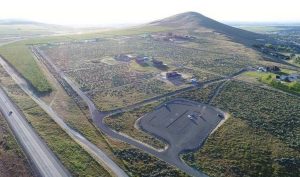
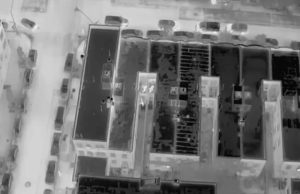


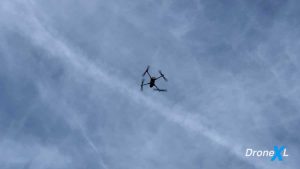

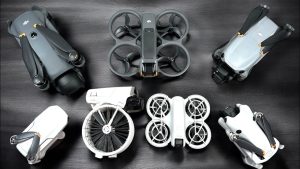




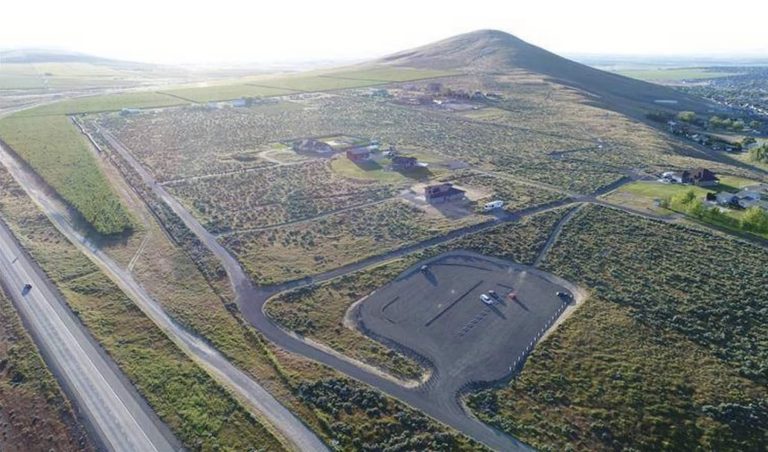
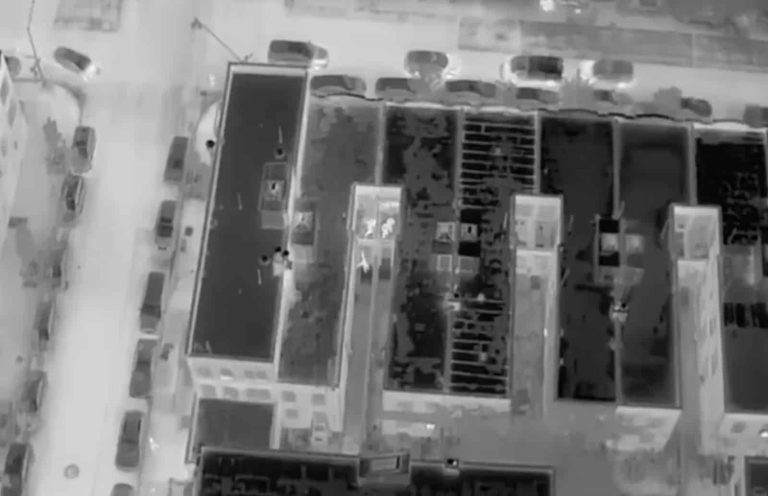

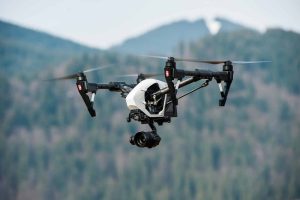


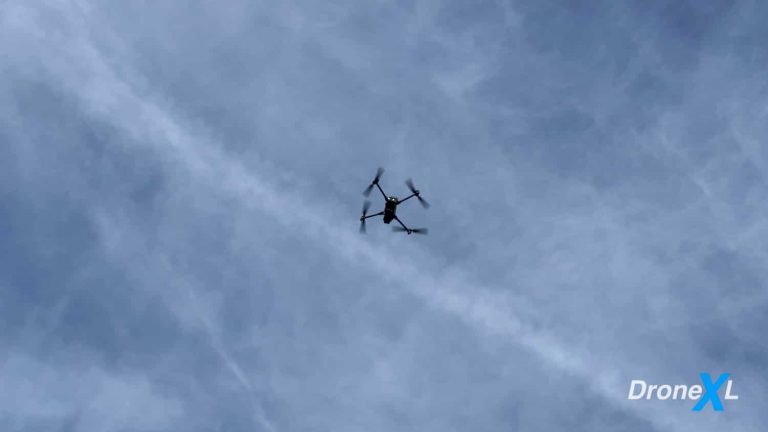

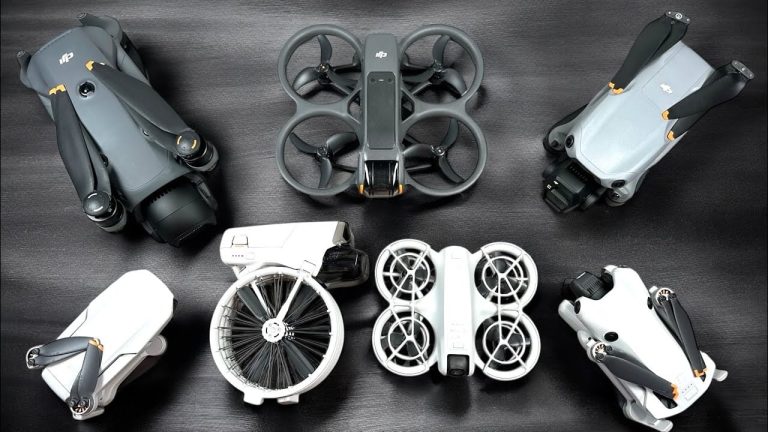
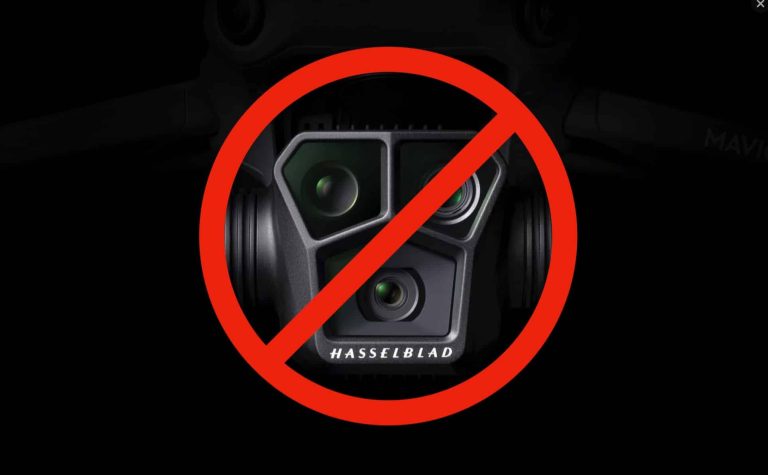
+ There are no comments
Add yours